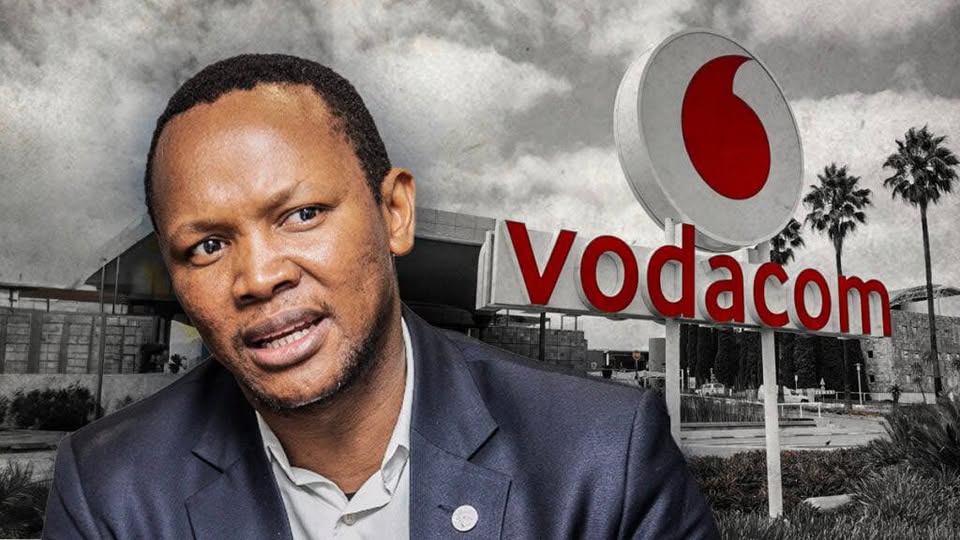News
Vodacom’s Constitutional Comeback: ‘Please Call Me’ Case Sent Back to SCA

After nearly two decades of legal twists, South Africa’s highest court sends Vodacom’s controversial battle with Kenneth Makate back to the Supreme Court of Appeal.
One of South Africa’s longest-running corporate battles has just taken another sharp legal turn. On 31 July 2025, the Constitutional Court ruled in favour of Vodacom, granting the telecoms giant’s appeal in the high-profile “Please Call Me” matter. The judgment means the case, which has captured national attention for years, will now be reconsidered by a new panel at the Supreme Court of Appeal (SCA).
What’s this all about?
If you’ve ever used the “Please Call Me” service, you’ve unknowingly been part of one of the most contested intellectual property stories in South African history. The free SMS service, introduced by Vodacom in 2001, allows users with no airtime to send a message requesting a call back. It became an essential tool for millions, especially in low-income communities, and remains widely used today.
The brain behind it, Kenneth Nkosana Makate, was a Vodacom employee at the time. In 2016, after years of legal pursuit, the Constitutional Court ruled that he should be compensated. Vodacom CEO Shameel Joosub then determined that Makate’s idea was worth R47 million. But Makate wasn’t satisfied. He felt the compensation was too low and took the matter to the Gauteng High Court.
The High Court agreed with Makate in 2022, setting aside the CEO’s decision and ordering a fresh assessment. Vodacom challenged that decision, which led to the SCA siding with Makate in 2024. Now, following Vodacom’s appeal to the Constitutional Court, the matter has been returned to the SCA with a directive: a new panel must take another look.
A never-ending legal loop?
To the public, the case has become a symbol of David versus Goliath in the corporate world. Social media continues to erupt each time there’s a development. Supporters of Makate argue he deserves a payout that reflects the service’s massive success and longevity. Others say Vodacom fulfilled its obligation by complying with the Constitutional Court’s original instruction.
Vodacom, for its part, has said it will review the latest ruling and consider next steps. The company has consistently maintained that the R47 million was a fair valuation of the idea.
Why does it matter?
Beyond the drama, the case raises important questions about intellectual property rights, fair compensation, and the power imbalance between employers and employees. For South Africa’s legal landscape, it’s a landmark example of how the justice system deals with disputes over ideas that have commercial value but were created within the structure of employment.
What’s next?
Now, it’s up to the Supreme Court of Appeal, with a new panel, to re-evaluate the case and determine whether Vodacom’s compensation offer to Makate was just. Until then, the nation watches and waits.
This legal odyssey is far from over, and whether Makate will eventually receive a bigger payout or not, one thing is certain: his fight has ignited a national conversation on ownership, fairness, and innovation.
Also read: MTN Introduces Rent to Own Smartphones for Prepaid Customers in South Africa
Follow Joburg ETC on Facebook, Twitter, TikTok and Instagram
For more News in Johannesburg, visit joburgetc.com
Source: Engineering News
Featured Image: Facebook/The Patriot on Sunday



























